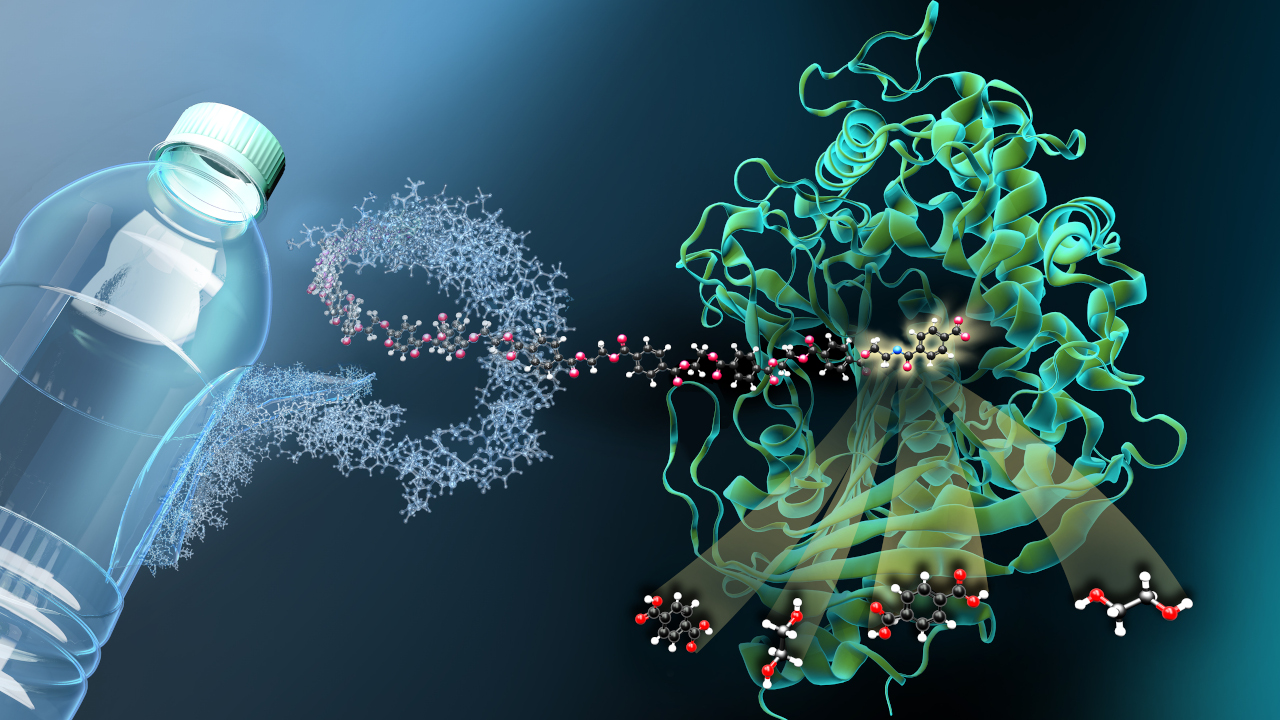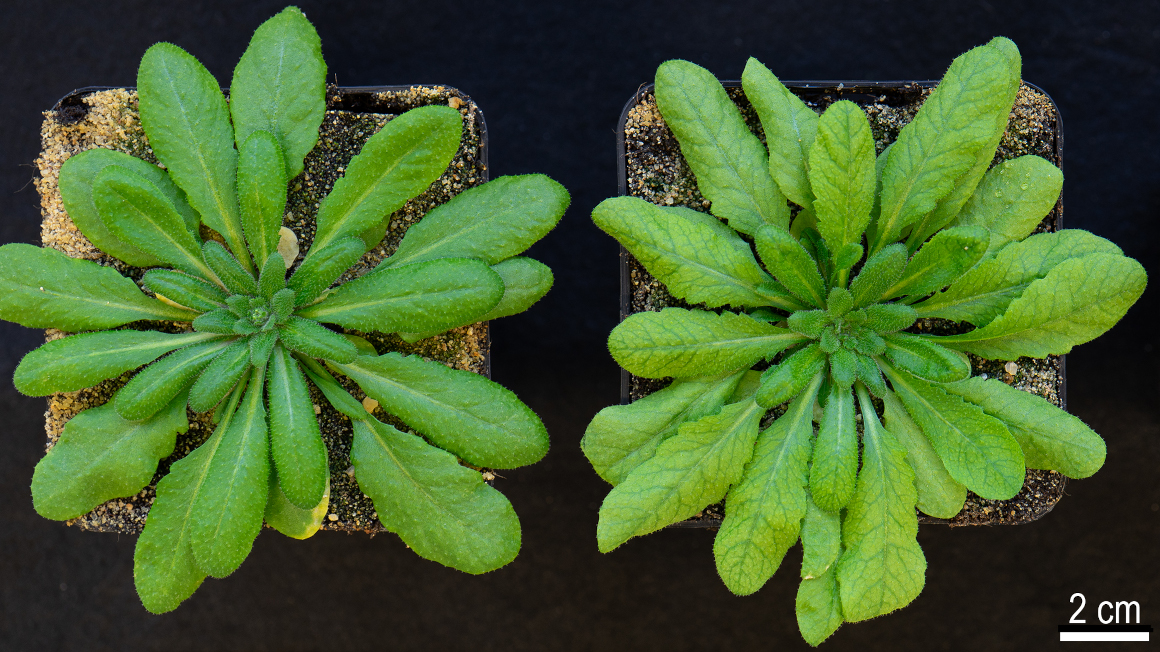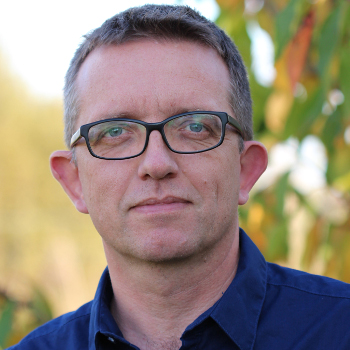DFG is funding genome editing and microbiota
The German Research Foundation (DFG) is funding 17 new Priority Programmes with a total of €100 million. Three of the Life Science projects are focused on bio-based economy.

The Priority Programs (PP) are a good way to gauge to future of basic research. Typically, PPs are multidisciplinary research projects assessing current topics with state-of-the-art methodologies. Supporting junior researchers and fostering gender equality are important aspects regarding the decision-making process on which PPs will get funded. Including the recently announced PP there are currently 97 PPs being funded by the DFG.
€100 million for 17 new programmes
For this new round of funding a total of 66 proposals were sent in, 17 of which where chosen by a panel of experts. The new projects will begin in 2018 and will be funded with a total of €100 million over the course of three years. Usually these projects will receive a second round of funding for another three years. The PPs themselves represent an overarching topic and within the next few months smaller project proposals investigating within the PP’s field of interest will be evaluated. Three of the PPs within the Life Sciences that have been awarded funding are of great interest for a bio-based economy: they include the genome editing tool CRISPR-Cas, rhizosphere functions, and the decoding of the plant microbiota.
CRISPR-Cas: more than a genome editing tool
CRISPR-Cas was first detected and described as a bacterial defence mechanism against viral infections. By now the mechanism is widely employed in plant research as a genome editing tool. However, the CRISPR-Cas system is more than an antiviral defence system: it is active during DNA repair and collective behaviour. The newly funded PP aims to decipher these additional CRISPR-Cas functions and to identify their biological potential. Anita Marchfelder at the University Ulm will coordinate the programme. Moreover, Max Planck researcher Emmanuelle Charpentier, who only recently received her own Max Planck research unit in Berlin, will be part of the coordinating team. In addition to the basic research question this PP also aims to target ethical considerations regarding genome editing and is working to establish appropriate communication strategies that allow for a evidence-based conversation about this subject with and among the public.
Harvesting the plant microbiota
The plant microbiota contains all microbes within a defined space. The plant microbiota includes all the microorganisms that are colonising a plant. The development and the co-exsitance of the microbiata are of particular interest for agricultural research. The PP “Deconstruction and Reconstruction of the Plant Microbiota (DECRyPT)“ will be ccordinated by Alga Zuccaro at the University of Cologne. From 2011 to 2016 she lead her own reearch group at the Max Planck Institute for Terrestrial Microbiology in Marburg, and since 2014 she is a Professor at the Botanical Institute of the University of Cologne.
The spatiotemporal organisation of the rhizosphere
The rhizosphere is that area in the ground that is immediately surrounding the root and is thus directly affected by the root microclimate. This includes biological, but also chemical and physical effects. In that small area many complex interactions between the root of the plant and countless microorganisms are taking place. The health and thus the harvest yield of a plant are highly dependent of the rhizosphere. Therefore the PP Deconstruction and Reconstruction of the Plant Microbiota (DECRyPT) aims to decipher the complex system of the rhizosphere function. Doris Vetterlein at the Helmholtz Centre for Environmental Research (UFZ) will coordinate the programme. At UFZ Vetterlein has been leading the research group “Soil-Plant-Interactions” since 2009, and since 2013 she also a Professor at the University Halle-Wittenberg.
jmr


